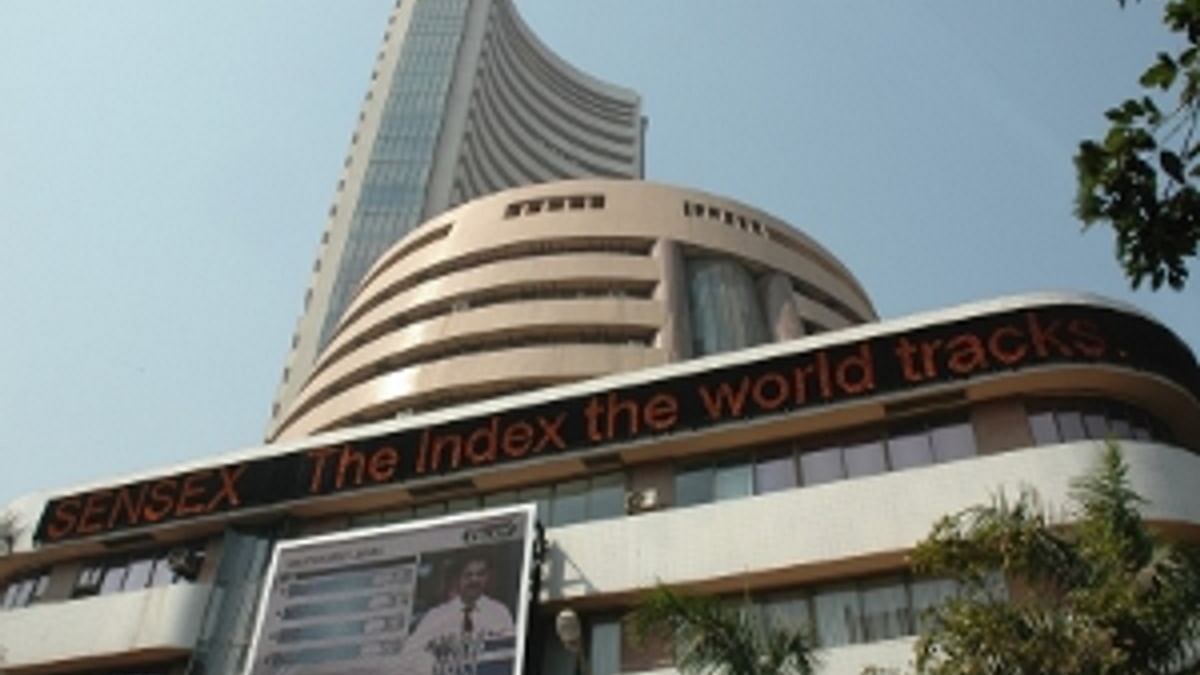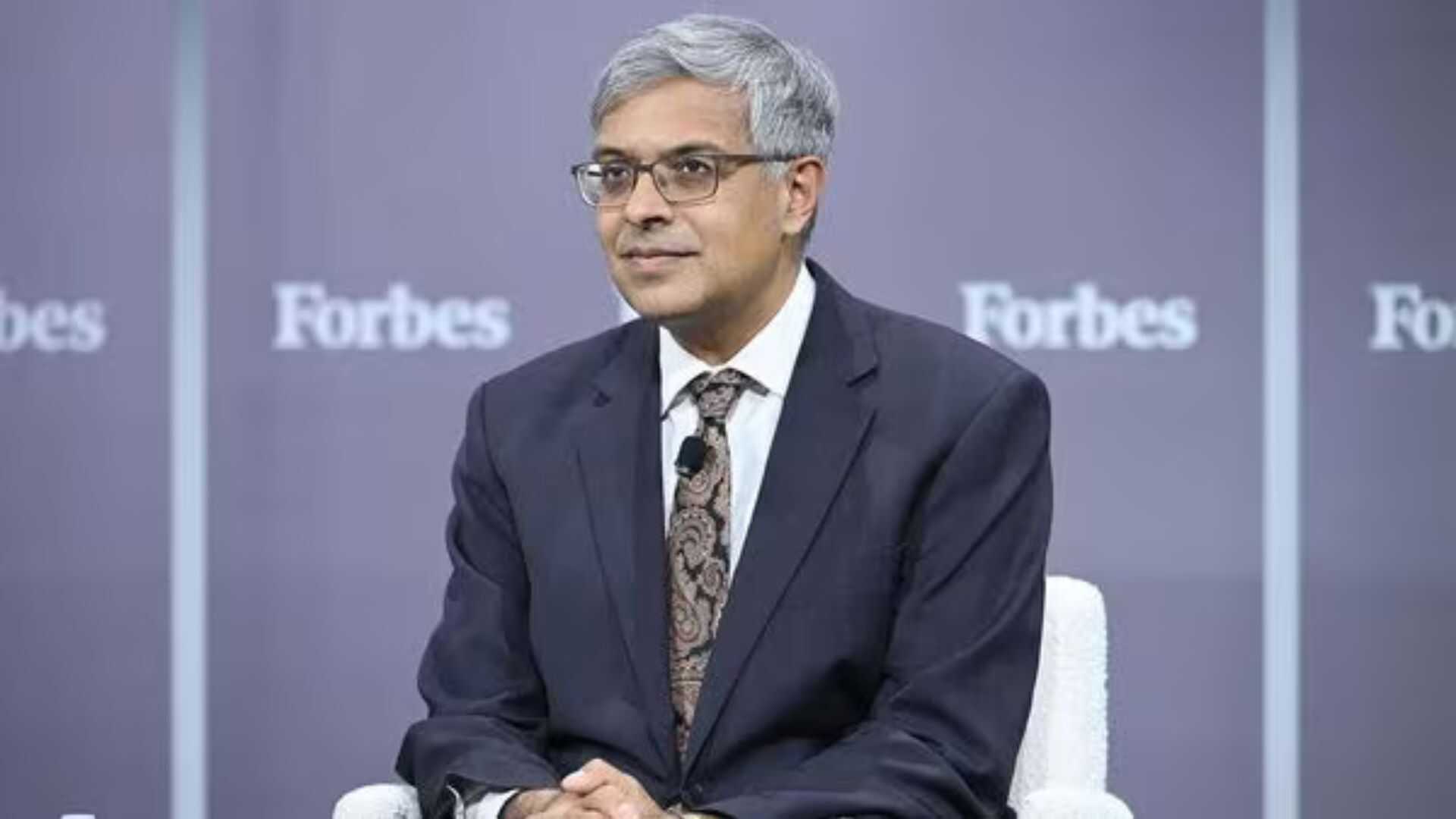
Continuing their bull run, Indian stock indices touched fresh highs Thursday morning and in the process, the benchmark Sensex breached the 66,000 mark.
Sensex and Nifty were about 1 per cent higher at the time of writing this report. They were at 66,018 points and 19,562 points. 37 among the Nifty 50 companies advanced this morning with the rest in the red. TCS, Hindalco, LTIMindtree, Infosys, and Tech Mahindra were the top gainers.
The consistent inflow of foreign funds, firm economic outlook, and moderation in inflation supported Indian stocks in the latest bull run. However, several analysts have been pointing out that any further rally from the current levels is unlikely as valuations are on the higher side.
“The ongoing global rally in stock markets will get a further mild boost from the latest US consumer inflation for June which has come at 3 per cent, better than market expectation of 3.1 per cent. Importantly core inflation has dipped below 5 per cent . This is clear indication that the disinflation process is on in the US and might persuade the Fed to pause once again in the July 26 rate decision,” said VK Vijayakumar, Chief Investment Strategist at Geojit Financial Services.
However, he cautioned about the high valuations in stocks and advised investors that “even though the cues are positive, high valuations are likely to restrain the bulls from charging ferociously.”
On the rise in retail inflation in India in June, he added this was expected since the prices of vegetables and milk had spiked.
Bucking the trend, retail inflation in India rose considerably in June to 4.81 per cent, largely due to a sharp spurt in vegetable prices. The inflation index for rural and urban was 4.72 per cent and 4.96 per cent, respectively.
The rise in inflation could partly be attributed to the current spurt in tomato prices across India. The rise in tomato prices is reported across the country, and not just limited to a particular region or geography. In key cities, it rose to as high as Rs 150-160 per kg. Besides vegetables, meat and fish; eggs; pulses and products; spices indices too saw an uptick.
“Consumer inflation in June 2023 increased primarily due to food components of cereals, milk items and spices, while inflationary pressures from fuel has largely moderated. In the coming months, an increase in certain food products, particularly vegetables and fruits, is expected to contribute to inflationary pressures. However, the stability of the rupee and firm import inflation, along with wholesale prices should help balance consumer price growth,” said Vivek Rathi, Director Research, Knight Frank India.
Rathi added that with the inflation level remaining within the RBI tolerance band of 2-6 per cent, inflation is not the biggest worry for the Indian economy.















